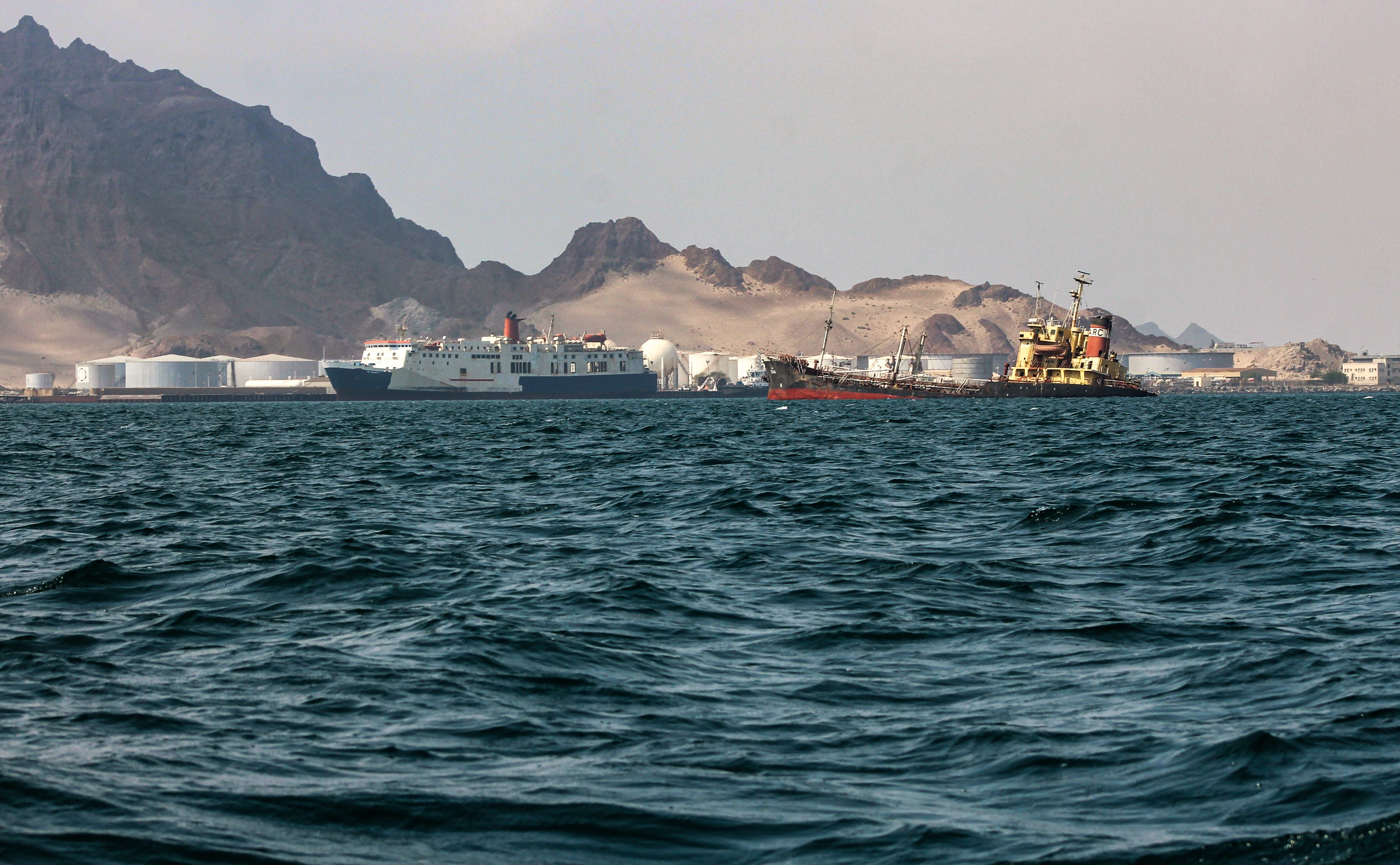UN given ok to aid ‘floating bomb’ Yemen tanker after months of waiting
Environmental experts have likened the ship, which holds 34 tanks of oil, to a “floating bomb”

After four months of waiting, the United Nations said on Tuesday that it had been granted permission by Yemen’s Houthi rebels to inspect and repair a rickety, rusting tanker moored near the coast that is threatening to leak four times the oil spilled by the Exxon Valdez in 1989.
Even with the permission — which UN officials had originally hoped would take only weeks to secure — the emergency rescue of the vessel, the FSO Safer, is still saddled with uncertainties that may delay repairs until January.
Environmental experts have likened the Safer to a “floating bomb”, holding 34 storage tanks of oil that could befoul Yemen’s coast, poison coral reefs and paralyse Red Sea shipping lanes that are vital to supplying aid to the war-ravaged country’s 28 million people.
The 1,188-foot vessel, which requires extensive upkeep, had not been properly maintained since war broke out more than five years ago between the Houthis and a Saudi-led military coalition that has been trying to crush them. It lies just a few miles from Hodeida, a contested Red Sea port, raising the risk that a stray shell or bomb could puncture the hull.
The Yemeni oil company that owns the Safer has said it does not have the resources to service the vessel, which historically has functioned as a floating storage facility.
The spokesman for the United Nations, Stéphane Dujarric, has been asked about rescue efforts almost daily since July, when UN officials said the Houthis were considering their request to dispatch a team of experts. Previous negotiations with the group had failed.
On Tuesday, Mr Dujarric told reporters that the Houthi leaders had finally sent a letter “indicating their approval for the UN proposal for the planned expert mission to the tanker.” He called it “an important step forward in this critical work.”
Asked why it could still take more than a month for the experts to finally get aboard, given the urgency, Mr Dujarric expressed some impatience, saying the details on assembling and paying for the rescue team could not begin until the Houthis had consented.
Moreover, he said, “the kind of equipment you need is not stuff you can pick up at Home Depot or your local DIY store.”
The New York Times



Join our commenting forum
Join thought-provoking conversations, follow other Independent readers and see their replies
Comments